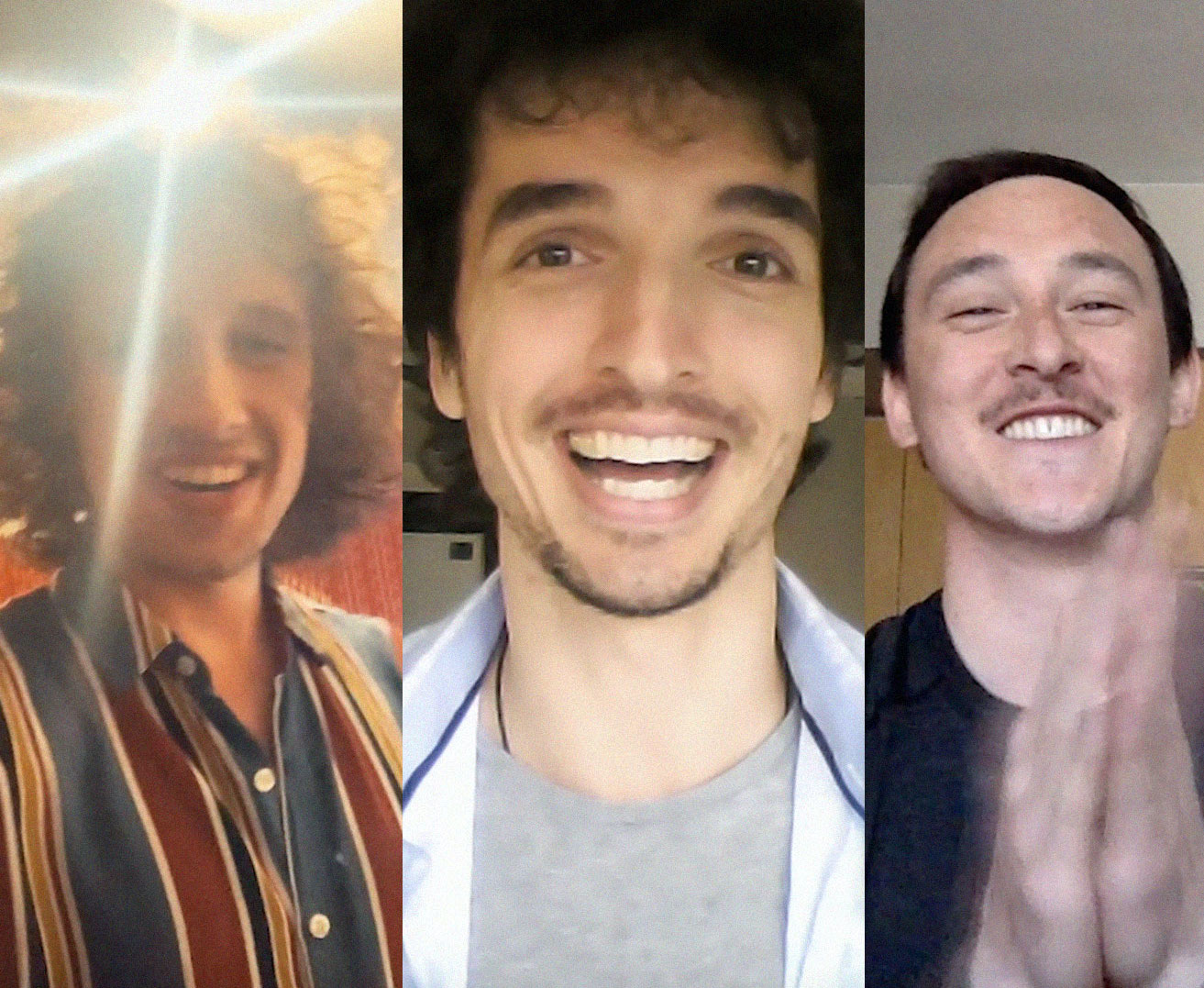
MEET DR ALED CLAYTON
What is it you do?
We study small bubbles of fat called ‘exosomes’ which cancer cells produce in high abundance. We think these things are important in the mechanisms underlying diseases like prostate cancer, so we’re trying to work out what roles they play, how they interfere with immune function and how these complex processes help the disease to grow and spread. It is a very specialist branch of cell biology, but over the past ten years we’ve developed all the tools and expertise that we need to be able to do this here in Cardiff.
What are you ultimately trying to achieve?
These exosomes resemble miniature cancer cells, and are present in the urine and the blood of cancer patients. We hope to be able to extract these and use them as biomarkers to give us information about the disease status and some real insight into some hitherto unknown mechanisms and processes underlying the disease.
And so you’re hoping that they will show the difference between whether someone needs a lot of intervention or not?
This is very early days in the field. The hope is we could use them as a more accurate diagnostic test that’ll tell us if a man has genuine prostate cancer as opposed to an enlarged prostate. Also, it would be lovely if we got so much information that we might be able to predict early on in the disease process whether the man has an aggressive form of the disease and therefore focus treatment accordingly.
How will this help men facing cancer?
It’s very important for any person with cancer to have a good, accurate, reliable diagnosis. If we know the nature of the tumour and how it might respond to one treatment or another, it helps us focus the more aggressive and difficult treatments to the men that really need them, as opposed to giving treatments to men that really wouldn’t benefit.
What role does Movember play in your research?
Movember’s been great because, yes, it directly funds the research that goes on here, but it also created a network of people, nationally and internationally, that we weren’t really talking to before. It’s put us in touch with groups in Spain, Rotterdam and Australia, and together we are sharing knowledge and information and doing more, faster.
What’s your personal experience of GAP?
People are always guarded about their research and knowledge and aren't that keen to share. GAP has really opened this up and is a really refreshing approach to doing science. I’m very optimistic that this approach will be taken on by other funding bodies and will lead to better participation and collaboration between groups with shared expertise.
For example, in our fridge right now we have samples of a reagent (a substance added to see whether a certain reaction is taking place), which will form part of a new test that we are hoping to co-develop with colleagues in Rotterdam. Specifically, Professor Guido Jenster from Erasmus University has sent us these reagents, and we will help him develop this into a useful exosome test for prostate cancer patients.
Sharing knowledge and resources like this would normally be bogged down by paperwork. It would have to go through legal departments and be signed off. One of the things the Movember process has really transformed is this openness and things get done quickly.
Anything you would like to say to the Mo Bros who might be gathering their strength for this Movember?
Keep those razor blades at bay, keep fundraising, being creative and fighting the good fight!

To learn more about Movember’s Global Action Plan watch this brief video and visit our GAP page here.




.com_Carousel.jpg)






(1).png)


